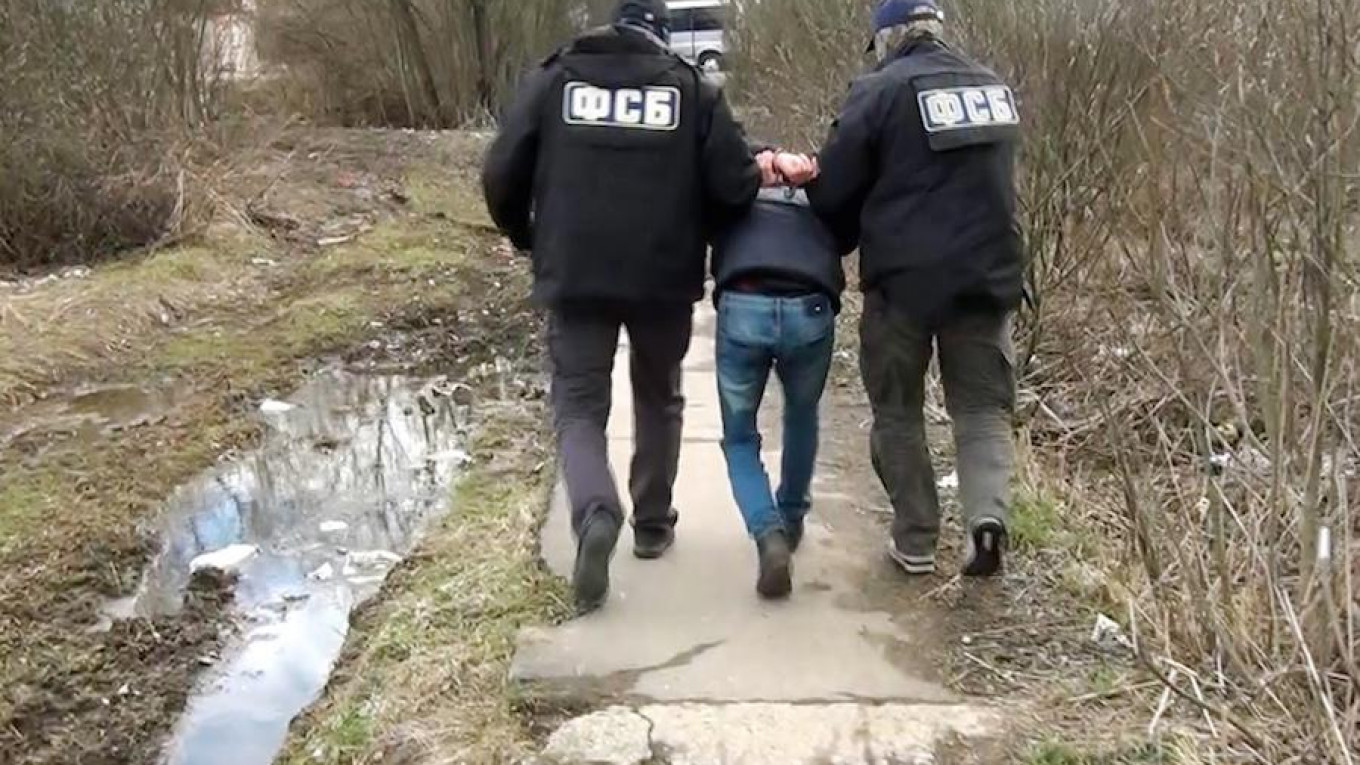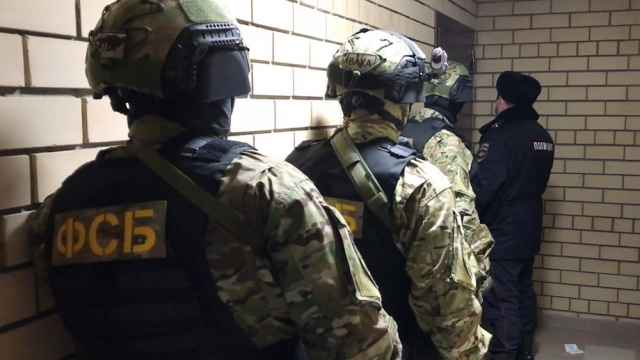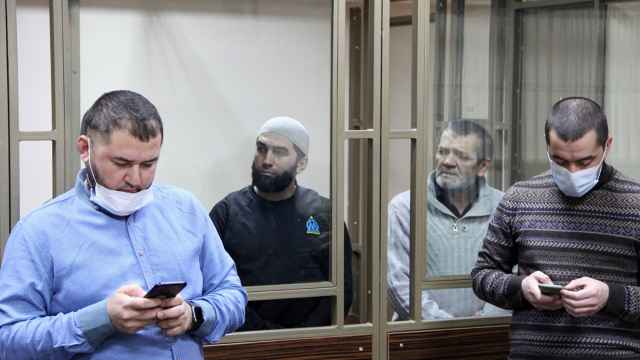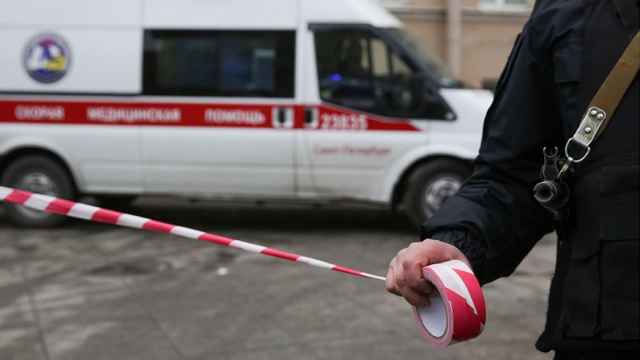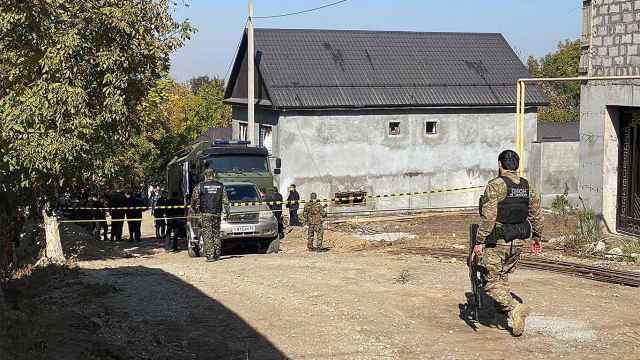Recently, the Kremlin’s counter-terrorism policies have been simple, but controversial. After containing radical Islamist fighters to the North Caucasus, Russia funnelled them to warring Syria and Iraq. For a time, authorities could claim to have managed the threat of domestic terrorism.
But the St. Petersburg metro bombing on April 3 showed that this threat has not dissipated entirely. While Moscow has focused on tracking and combating Islamist fighters in the Caucasus, a new (but exaggerated and misunderstood) threat is emerging: Central Asian migrant workers in Russia who number in the millions who could prove easy targets for recruiters.
One of these workers, Akbarzhon Dzhalilov, was responsible for the April 3 St. Petersburg bombing. Then, on April 18, authorities arrested Abror Azimov, who they believe recruited and trained Dzhalilov. Both were natives of the southern Kyrgyzstan city of Osh, which has reportedly sent dozens of fighters to the Islamic State in Syria.
“This is Russia’s nightmare scenario,” says Mark Galeotti, an expert on Russian intelligence and security services and a senior researcher at the Institute of International Relations Prague. Voices within the FSB have called attention to the threat of extremists from Central Asia, he says, but to no avail. Rather, the FSB has been preoccupied with “the threat of Islamic State fighters returning to the Caucuses and the rest of Russia.”
The FSB’s focus on the Caucasus is a textbook example of generals fighting the last war. Extremists from the North Caucasus who went to Syria are returning home. But they have been fighting alongside radicals from Central Asia who also making their way to Russia, says Maxim Suchkov, a Russian expert on the Middle East.
Faced with abysmal working conditions and discrimination, Central Asian workers in Russia are susceptible to online jihadist propaganda and returning Islamists infiltrating the ranks of migrant workers to recruit new fighters. And the FSB simply isn’t well equipped to deal with this, Galeotti says.
But fighters returning to Central Asia pose a much greater challenge to Russia says Suchkov, because they enjoy visa-free entry to Russia and can travel among groups of migrant.
Even electronic surveillance of Central Asian workers is difficult. Many don’t have phones, or they share phones among themselves. When individuals do have phones, they use encrypted messaging apps, Galeotti says.
But, more than anything, Galeotti says, “there is a lack of resources devoted to this problem by the FSB. So they lean heavily on their Central Asian counterparts, which is a shaky foundation.
And the FSB lacks the analytic capacity to fact check information passed on by Central Asian security services, which can be twisted by those agencies to further their own political goals.”
Given these challenges — and the fact that Moscow is already facing the threat of Islamic State fighters returning to the Caucasus from the battlegrounds of Syria — the Kremlin’s counter-terror woes are not getting any easier.
A Message from The Moscow Times:
Dear readers,
We are facing unprecedented challenges. Russia's Prosecutor General's Office has designated The Moscow Times as an "undesirable" organization, criminalizing our work and putting our staff at risk of prosecution. This follows our earlier unjust labeling as a "foreign agent."
These actions are direct attempts to silence independent journalism in Russia. The authorities claim our work "discredits the decisions of the Russian leadership." We see things differently: we strive to provide accurate, unbiased reporting on Russia.
We, the journalists of The Moscow Times, refuse to be silenced. But to continue our work, we need your help.
Your support, no matter how small, makes a world of difference. If you can, please support us monthly starting from just $2. It's quick to set up, and every contribution makes a significant impact.
By supporting The Moscow Times, you're defending open, independent journalism in the face of repression. Thank you for standing with us.
Remind me later.


